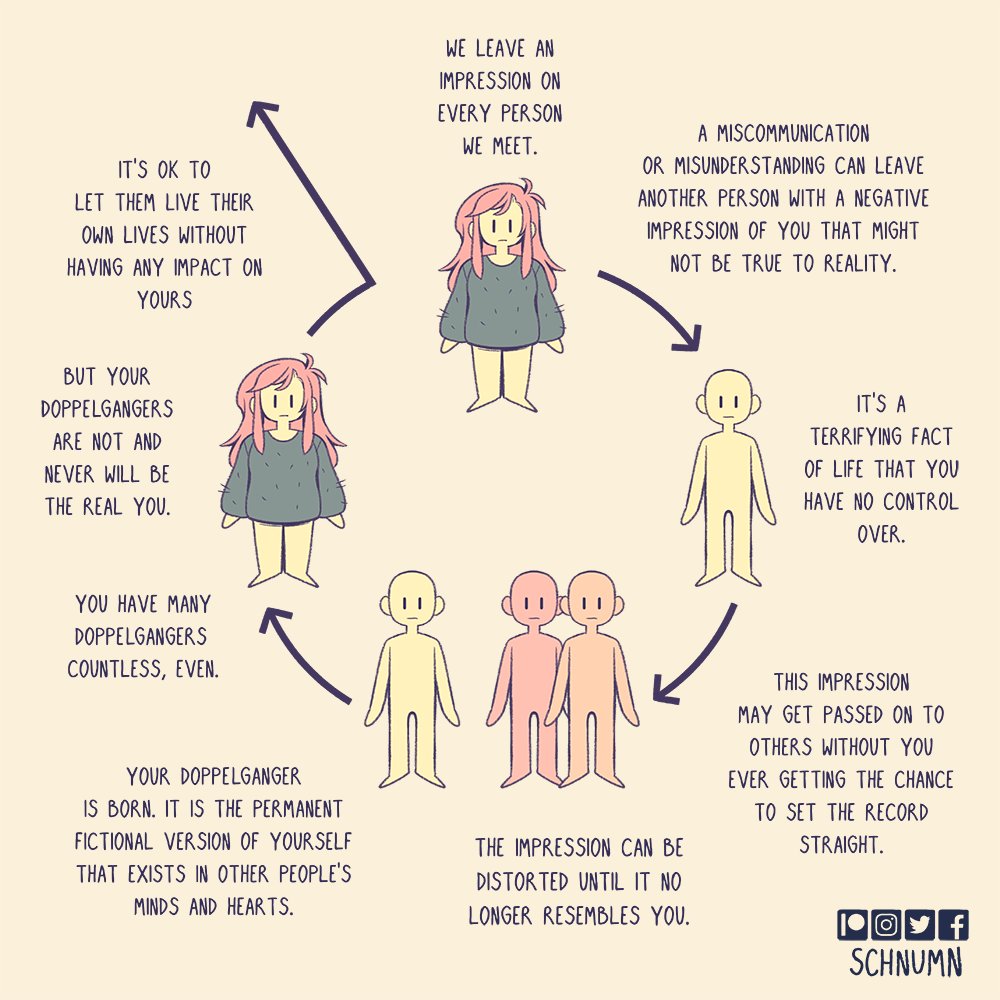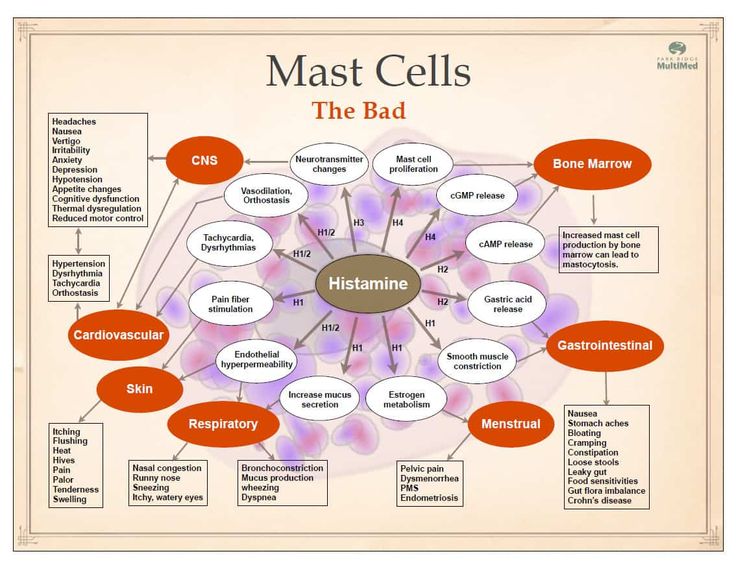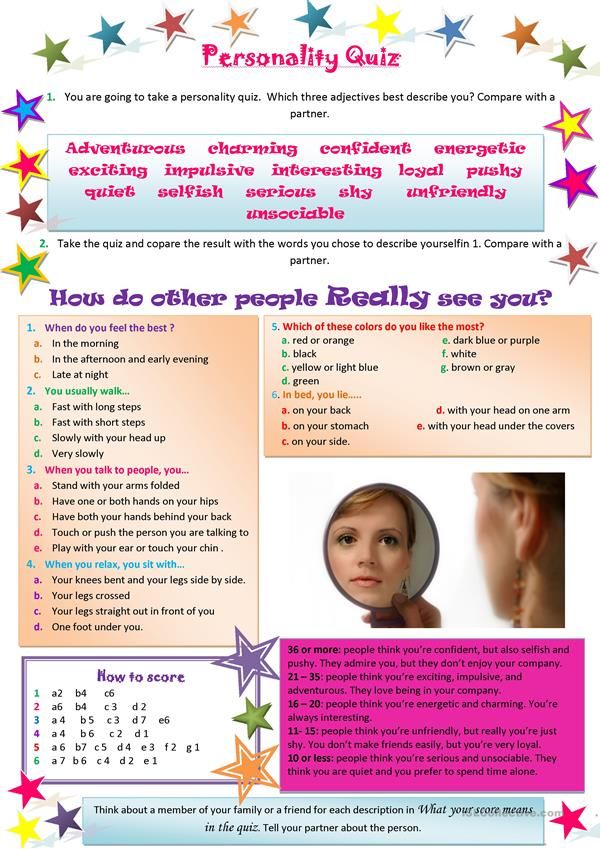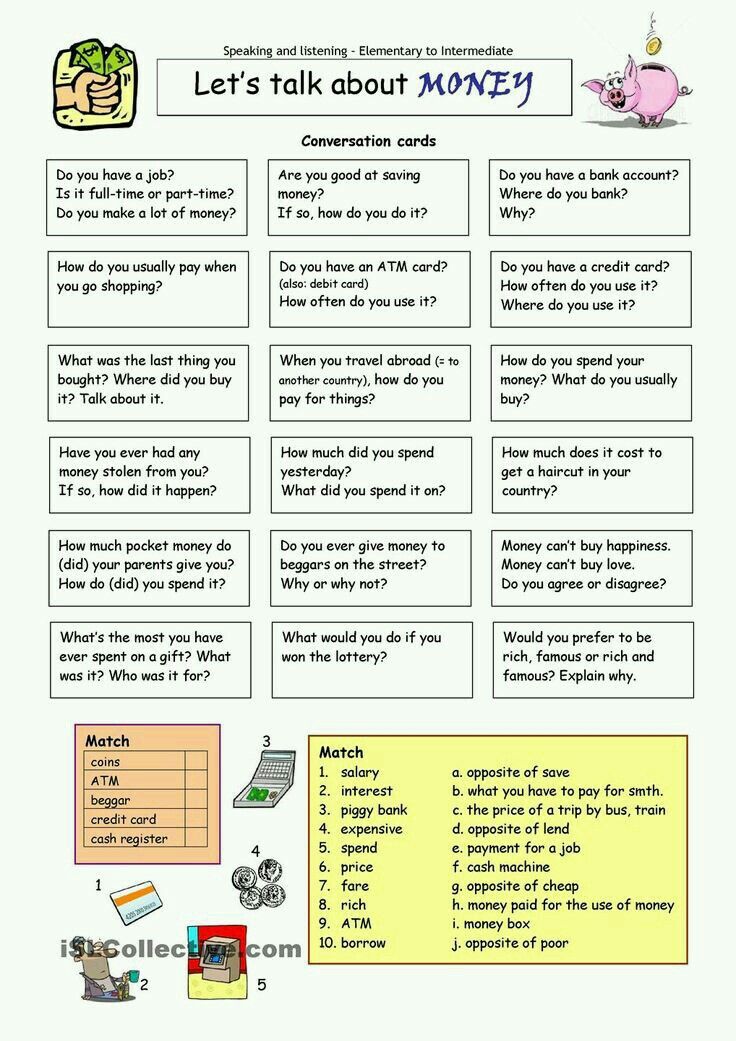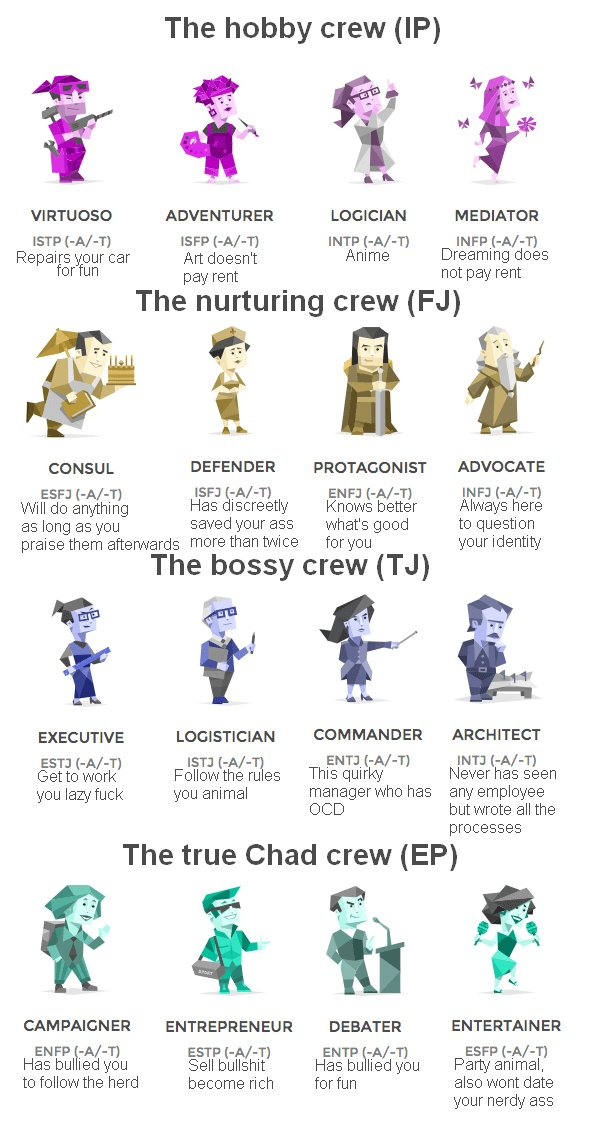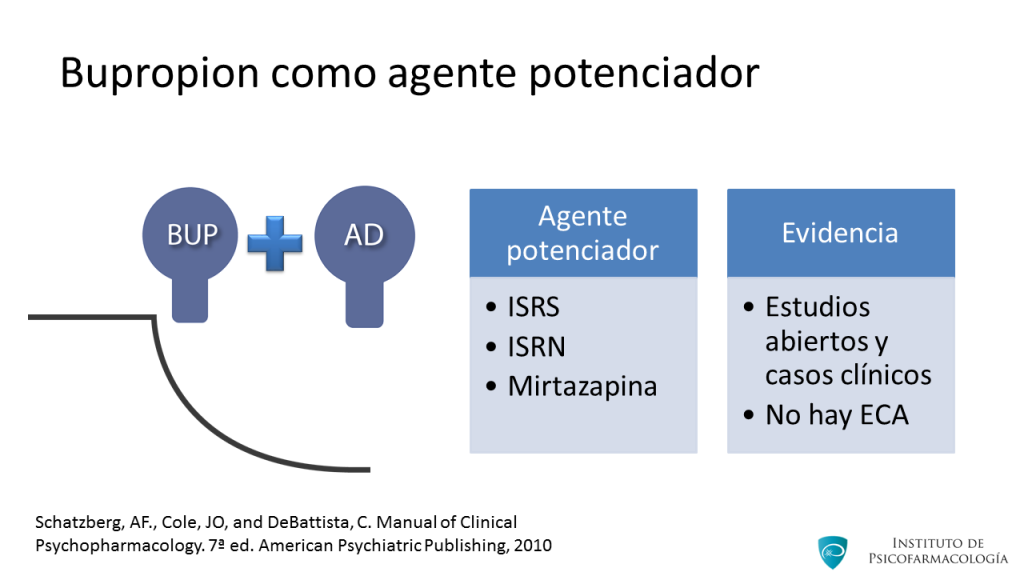Control another person
Signs, causes, and how to deal with them
Sometimes people try to assert power over others and control situations. They may do this out of anxiety because they worry that things will go wrong if they do not maintain control. In other cases, it may be to assert dominance. In this case, it is a form of abuse.
Everyone tries to control what happens in their life to a certain extent. However, when a person tries to control elements of someone else’s life, this can be damaging.
In this article, we describe the signs that a person is controlling and explain how control relates to abuse. We also look at the causes of controlling behavior and how to deal with it.
If someone tries to control situations or other people to an unhealthy extent, others may describe them as a controlling person.
They may try to control a situation by taking charge and doing everything themselves or control others through manipulation, coercion, threats, and intimidation.
People may come into contact with controlling individuals in many areas of life. These individuals can be:
- partners
- friends
- family
- bosses
- coworkers
- strangers
- neighbors
These people may wish to control those close to them, such as their partner or family, or gain power and control over larger groups of people.
The National Domestic Violence Hotline defines abuse as behaviors that a person uses to maintain power and control over another individual. These behaviors may arise in intimate relationships but also appear in the workplace, family relationships, and friendships.
Controlling behaviors may occur in several forms of abuse, including:
- Physical abuse: Any unwanted contact from someone who has the intention of causing another person injury is physical abuse.
- Emotional and verbal abuse: This comes in the form of nonphysical behavior, such as insulting or threatening someone, constantly monitoring them, or trying to humiliate them.
- Sexual abuse: Behaviors constitute sexual abuse if they pressure or force people into a sexual activity in which they do not want to engage.
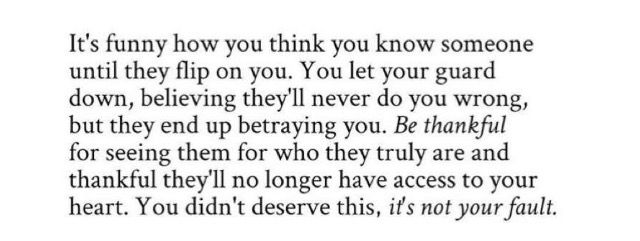
- Financial abuse: This occurs when someone attempts to control a person’s financial situation.
- Digital abuse: This form of abuse uses technology, such as texting and social media, to harass or intimidate someone.
- Stalking: Stalking happens when someone watches or follows a person constantly, making them feel unsafe.
Abusive behaviors that someone may use to exert control over an individual may include:
- slapping, punching, kicking, biting, choking, scratching, or trying to smother a person, throwing objects at them, or pulling their hair
- threatening to use weapons against them, such as knives, bats, or firearms
- forcing them to use alcohol or drugs
- preventing them from leaving the home or forcing them to go somewhere
- calling them names, yelling or screaming at them, and criticizing them to break down their confidence
- humiliating them in front of other people or using online communities to intimidate or embarrass them
- acting in a possessive manner with a partner, not trusting them, and frequently accusing them of cheating
- demanding to know how they spend their time, where they go, and who they have contact with
- isolating them from seeing family and friends
- blaming them for their abusive behaviors or telling them everything is their fault
- manipulating or forcing them into having sex or performing sexual acts
- giving them an allowance and monitoring their purchases
- depositing paychecks to a bank account they cannot access
- stopping them from going to work by taking away their mode of transport
- stating who they can or cannot follow or speak with on social media
- using social media or GPS technology to track their activities
- pressuring them to send compromising or explicit messages, photos, or videos
- constantly messaging them and making them feel as though they cannot be away from their phone
- sending them unwanted messages, emails, texts, voicemails, and letters
- showing up at their home or workplace uninvited
Abuse can manifest in many ways, and more than one type of abusive behavior often occurs in an abusive relationship.
Several underlying factors may drive controlling behavior, such as:
- Anxiety: For some people, attempting to control certain situations is a way of coping with anxiety. Treating anxiety or the underlying condition causing it may improve their controlling behavior.
- Personality disorders: Some personality disorders, such as borderline personality disorder (BPD) and narcissistic personality disorder (NPD), may increase the chances of someone using controlling behavior.
- Learned behavior: A person may have learned controlling behavior and other forms of abuse from other people. For example, they may have grown up in a family with domestic violence or intimate partner violence or learned from caregivers to try to exert power over their partner.
It is crucial to note that although mental health conditions and past trauma can contribute to controlling behavior, they can never justify abuse.
Strategies for dealing with controlling people depend on whether the behavior is abusive and whether it occurs at home or in the workplace.
If the behavior is not abusive, it may be best to begin by discussing it with the person. However, confronting a person with abusive behavior may flare up the situation and potentially be dangerous.
Communicate
A person can try communicating with a controlling person by:
- using “I” statements, such as “I feel hurt,” to speak in a way that reduces feelings of blame
- discussing ways to divide responsibilities or share control
- offering alternative courses of action to replace the behavior, such as making plans together rather than the person making plans for them
If, after speaking calmly and openly with someone, they do not listen and continue the controlling behavior, a person may need to consider distancing themselves from the individual.
Set boundaries
It is impossible to influence how someone else behaves completely, but people can be clear about the treatment they expect and how they will respond if someone crosses the line.
A person needs to set boundaries, assertively share what they want with another individual, and say “no” when they are unwilling to do something. By setting boundaries, a person regains control and clarifies what they will and will not tolerate.
Choose a response
When someone is controlling, a person can respond in various ways to diffuse the situation. These include:
- Ignoring them and walking away: If a person is trying to humiliate someone, quietly walking away will draw attention to their dysfunctional behavior rather than indulging them.
- Creating a distraction or changing the subject: If a controlling person uses long, rehearsed speeches to wear a person down, interrupting them will make it more difficult for them to return to where they left off.
- Asking them a question: If someone views a situation as only being able to go the way they want or the complete opposite, it can help to ask a question.
 A question can reinforce that there are more than two options available.
A question can reinforce that there are more than two options available. - Counteracting with reason: If a parent uses the fact that they gave birth to someone as a way to control them, the person could ignore the attempt at guilt tripping and counteract with logic rather than emotion. They could remind the parent that people never have to do anything and have the right to choose.
- Acknowledging their fear: If a controlling person is jealous about someone’s relationship with another friend, it may be helpful to respond directly to their fear of abandonment. Acknowledging their fear that the person will leave them for someone else and discussing the topic may prevent them from making envious comments in the future.
Create a safety plan
If someone feels unsafe due to a person’s controlling, abusive behavior, they should consider developing a safety plan. A safety plan can help them safely leave the situation and lower their risk of being hurt.
According to the Office on Women’s Health, a safety plan may involve:
- identifying friends and family members to contact for help
- identifying exit points and safe places to go
- keeping an alternative prepaid cellphone nearby
- memorizing the phone numbers of trusted family members, friends, or shelters
- making a list of items or documents to take when leaving quickly
- checking with a doctor about how to gain access to extra, medically necessary items for themselves or their children
- getting information on the local family court in case they require a restraining order
- collecting evidence of abuse or violence, if it is safe to do so
The National Domestic Violence Hotline provides an interactive guide to safety planning, and the Office on Women’s Health details what to include in a safety packing list.
Emotional and verbal abuse can sometimes escalate to physical abuse, so a person must know the warning signs that a situation could become threatening.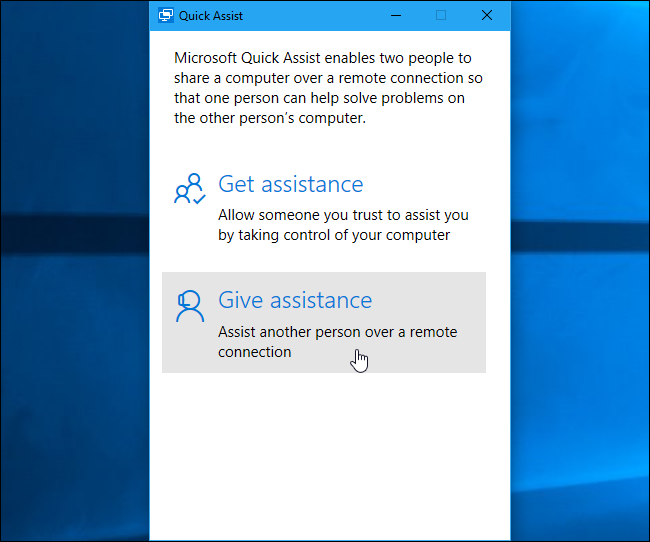
Signs that a relationship has become dangerous include the person:
- displaying physically intimidating behaviors, such as punching walls, throwing objects, or breaking a person’s belongings
- using weapons to intimidate
- harming or threatening to harm pets or children
- threatening self-harm, violence, or death to get what they want
Everyone has the right to feel safe. Anyone experiencing abuse should seek help to keep themselves and their loved ones safe.
Various helplines, support groups, counselors, therapists, and other resources are available to ensure that people can find safety and recover.
If you or someone you know is in immediate danger of domestic violence, call 911 or otherwise seek emergency help. Anyone who needs advice or support can contact the National Domestic Violence Hotline 24/7 via:
- phone, at 800-799-7233
- live chat, at thehotline.org
- text, by texting LOVEIS to 22522
Many other resources are available, including helplines, in-person support, and temporary housing. People can find local resources and others classified by demographics, such as support specifically for People of Color, here:
People can find local resources and others classified by demographics, such as support specifically for People of Color, here:
- The Office on Women’s Health
- The National Coalition Against Domestic Violence
To a degree, everyone wants to control what happens to them. However, if a person needs to control every part of their routine, situation, or environment, they may have anxiety or a mental health condition.
When someone tries to control or manipulate others, this can be a form of abuse.
It may be possible for a controlling person to change their behavior over time with psychotherapy if a relationship is unhealthy and not abusive. However, if a relationship involves abuse, a person’s behavior could escalate to physical violence.
It is important for people living with a controlling or abusive person to create a safety plan to protect themselves. A safety plan can help them leave a threatening situation safely and be more independent once they have left.
13 Signs Of A Controlling Person + How To Deal
Controlling behavior isn't always physical aggression and outright demands. In fact, if someone doesn't know what to watch out for, it's possible they won't even realize they're being controlled. Here's why some people are controlling, behaviors to look out for, and how to deal with any controlling people in your life.
What does it mean to be controlling?
A controlling person is someone who attempts to maintain control, authority, and/or decision-making power over other people and situations. Controlling behavior can include everything from directly telling someone what they can or cannot do to more discreet methods like guilt-tripping, gaslighting, possessiveness. Oftentimes the wants and needs of the person being controlled are completely dismissed or even disrespected.
Anyone can have controlling tendencies and behaviors, including friends, family members, co-workers, and romantic partners. A person doesn't necessarily need to be a "bad" person to have controlling tendencies.
Advertisement
This ad is displayed using third party content and we do not control its accessibility features.
Where this behavior comes from.
Usually, controlling another person comes from not feeling secure enough in yourself, so you have to exercise your control over another person.
As somatic psychologist and author of Reclaiming Pleasure, Holly Richmond, Ph.D., tells mbg, controlling behavior often looks like insecure anxious attachment. For example, "If you're not with me, I can't soothe myself, so I have to know where you are every second."
In other words, controlling behavior is a product of anxiety and fear of the unknown, Richmond explains. "Sometimes it can be fear of what's going to happen, and there's this bad movie playing in our head—but sometimes it's the not knowing."
For someone who has "control issues" or a fear of the unknown, they often don't trust themselves or feel secure enough to meet any challenge or tolerate an unknown situation.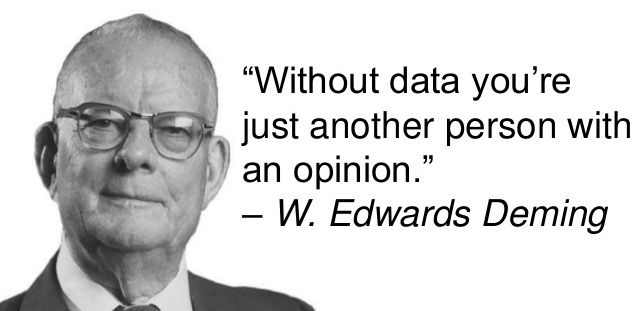 So, in order to regain some sense of security, they exercise their will in any way they can.
So, in order to regain some sense of security, they exercise their will in any way they can.
Common examples of controlling behavior:
1.
Calling all the shots
Simply put, controlling behavior can look very basically like controlling all the decision-making in the relationship (romantic or non). Richmond says this can include everything from trying to decide where the other person can travel, where they go out to eat, what to order, or who their friends are.
Find your match today with eHarmony. Free to join.
2.
Disrespecting privacy and boundaries
Whether a parent, a friend, or a partner, disrespecting someone else's boundaries and privacy is controlling behavior, Richmond says. You see it in parents who take the doors off their child's room, for example, or a partner who repeatedly denies your need for space and alone time.
3.
Constant checking in
There's nothing wrong with checking in with someone while they're out from time to time, but as Richmond notes, if it's incessant or seems increasingly agitated, that's a sign they're coming from a controlling place.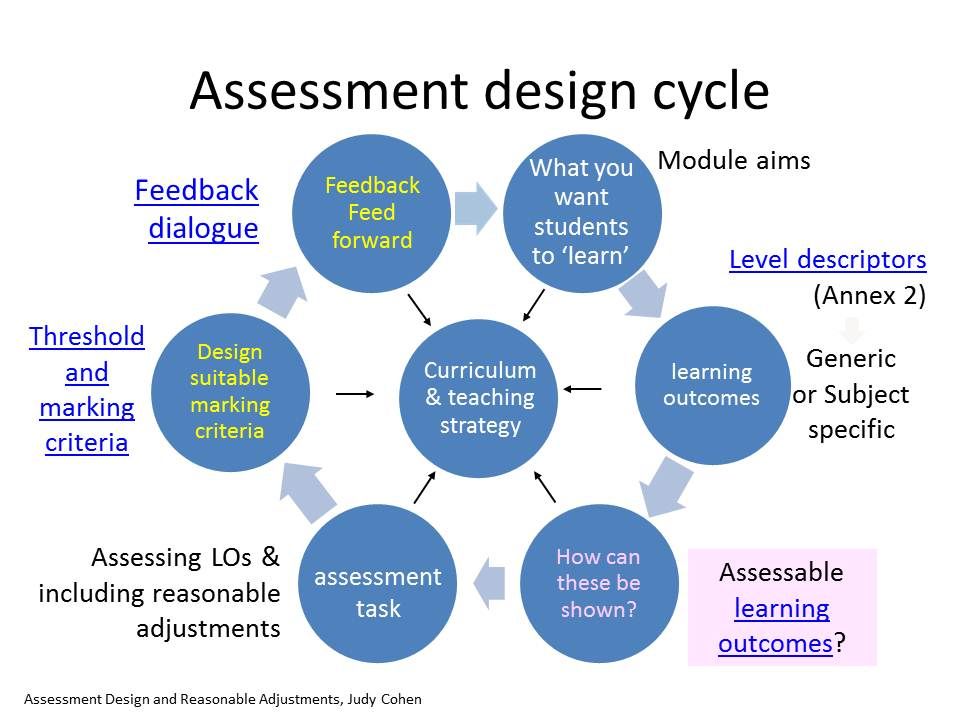 For example, she says, if you're out to dinner with your friends and your partner keeps texting "Where are you? Who are you with? Send me a picture so I can see where you are," that's definitely controlling.
For example, she says, if you're out to dinner with your friends and your partner keeps texting "Where are you? Who are you with? Send me a picture so I can see where you are," that's definitely controlling.
Advertisement
This ad is displayed using third party content and we do not control its accessibility features.
4.
Picking unnecessary fights
Picking fights—seemingly out of nowhere—can also be a control tactic because to a controlling person, "negative attention is better than no attention," Richmond says. This is especially true if they pick fights while you're out without them.
"It's because of their abandonment issues and insecure attachment," she adds. "This fear that you'll choose someone else, and you being out in the world makes that more of a possibility than if you were home with them."
5.
Controlling spending
Financial control is very real, and one of the quickest ways a controlling person can make someone dependent on them. Richmond says this can look like dictating what's purchased, dictating a budget, and/or being overly critical about another person's purchases.
Richmond says this can look like dictating what's purchased, dictating a budget, and/or being overly critical about another person's purchases.
Advertisement
This ad is displayed using third party content and we do not control its accessibility features.
6.
Isolating you
If someone is actively seeking to isolate you from friends and family, that's a surefire sign they want to control you, Richmond notes. Not only does this limit your support system, but it reinforces your dependence on the controlling person, similar to when they control spending. It comes down to limiting the resources you have so you have to rely on them.
7.
Guilt-tripping
Guilt-tripping can look like a lot of things, such as making you feel guilty for not having sex, for not spending enough time with them, or for wanting more alone time, Richmond says: "'You don't find me sexy anymore' turns into 'I guess you don't love me'—which is sexual coercion."
Over time, this can lead someone to doubt (or at least deprioritize) their own needs.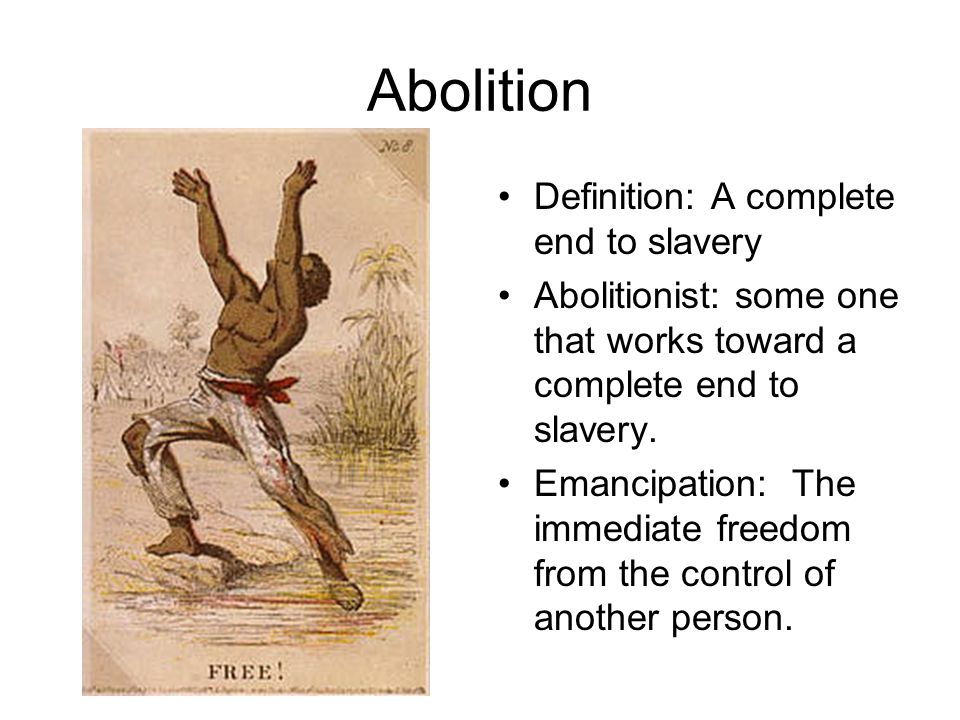 And as therapist Mariel Buquè, Ph.D., previously told mbg, if the thought of sharing your true feelings makes you feel guilty, that's a sign "there is control at the center of your relationship."
And as therapist Mariel Buquè, Ph.D., previously told mbg, if the thought of sharing your true feelings makes you feel guilty, that's a sign "there is control at the center of your relationship."
Advertisement
This ad is displayed using third party content and we do not control its accessibility features.
8.
Insecurity in the bedroom
Richmond says the insecurity that drives controlling behavior can cross over into the bedroom. One example, she says, can be if a partner doesn't want to use sex toys as a couple. "Let's say a female partner didn't get off and grabs her vibrator," she explains. "A controlling partner may feel threatened or diminished by that and say no sex toys in the bedroom."
9.
Gaslighting
Gaslighting, or making someone question their own experience by denying or deflecting, is another way a controlling person will try to manipulate another. As therapist Aki Rosenberg, LMFT, previously told mbg, "Gaslighting at its core is always about self-preservation and the maintenance of power/control—namely, the power/control to construct a narrative that keeps the gaslighter in the 'right' and their partner in the 'wrong. '"
'"
10.
Doing things only so you're indebted to them
Another control tactic some people will use is doing nice things for others but only so those people are indebted to them, Richmond notes. This is common in one-sided friendships, where the friend only does things for their own gain, but it can certainly happen in romantic relationships, too. Once the good deed is done, this person may repeatedly bring it up, remind you that you "owe them," and let it hang over your head.
11.
Jealousy
Jealous behavior can range from harmless to extreme, but according to Richmond, when you approach the extreme end, that's when things begin to get controlling. Perhaps your partner doesn't like you hanging out with friends of a specific gender or posting pictures of yourself online.
This lack of trust triggers their insecurities and makes their need to control you even greater. Research has also shown excessive jealousy is often linked to narcissism1—which brings us to our next point.
12.
Narcissism
"Trying to grab control of everything is archetypal narcissist behavior," licensed therapist Margalis Fjelstad, Ph.D., LMFT, previously wrote for mbg. She explains that because narcissists are continually disappointed with the imperfect way life unfolds, they try to control it as much as possible. "They want and demand to be in control, and their sense of entitlement makes it seem logical to them that they should be in control—of everything," she adds. (Check out our guide to spotting a narcissist for more information.)
13.
Conditional love
As licensed therapist Weena Cullins, LMFT, previously explained to mbg, conditional love is a controlling behavior. For example, a controlling parent may withhold love as a control tactic. "Withholding love, affection, or approval when a child fails to meet their standard," she says, is a sign of a controlling parent—but that same principle applies in relationships, too.
How to respond to a controlling person.

How you deal with a controlling person depends on the relationship dynamic. Here's how to handle controlling behavior from a few of the most common perpetrators:
1.
A romantic partner
In a controlling relationship, the big question is whether to stay or leave. If you've realized you're in a controlling relationship that's abusive, reach out for help immediately. You can call, chat, or text this hotline for support.
If there isn't abuse and you believe your partner is open to adjusting their behavior, Richmond says the first step is to open up a conversation about what's going on. First, you'll want to establish a time you can both sit down and talk about what's been bothering you.
For example, she says, you could say something along the lines of When you text me constantly while I'm out with my friends, I feel like you don't trust me. When I don't feel trusted, I feel diminished and like you don't think I can take care of myself. That really makes me feel like the underdog in this relationship, and like you have more power—and I don't like feeling powerless.
Licensed therapist Rachel Wright, LMFT, adds that you can also use her AEO framework for structuring the conversation: Acknowledge the issue, explain the emotions, and then offer a solution or request, such as, What I'd really like is that when we're out with our friends, there isn't an expectation that we respond to each other super quickly. What do you think?
From there, how they respond will be telling. Do they take accountability and change their behavior? If not, and they continue to disrespect your boundaries, it's probably best to walk away.
2.
A friend
In the case of a controlling friend, Richmond says, many of the aforementioned principles apply: finding a time to talk and expressing your honest concerns. If they respond well and actually change their behavior, that's a sign the relationship can be salvaged.
If not, you can create some space or choose to end the friendship entirely. As therapist Tiana Leeds, M. A., LMFT, previously explained to mbg, "Ending the friendship may be as simple as no longer initiating contact or plans as frequently and allowing the connection to naturally fade."
A., LMFT, previously explained to mbg, "Ending the friendship may be as simple as no longer initiating contact or plans as frequently and allowing the connection to naturally fade."
3.
A parent
According to clinical psychologist Shefali Tsabary, Ph.D., if you know you're dealing with a controlling parent, "the best way to deal with them is through the establishment of strong, firm, and consistent boundaries." She adds that it can be scary, but it's "exactly what the child needs to do in order to break free from this dysfunctional pattern."
As Cullins adds, you can respectfully choose to make a different choice when a parent is being controlling, whether "declining a parent's offer, or not interacting if it creates an uncomfortable situation for the child." And of course, if setting those boundaries doesn't work, Tsabary notes, "then it is important to create emotional space and distance in another way."
(For more tips on dealing with controlling parents, check out our guide. )
)
The bottom line.
When someone seeks to control you, it's not coming from a place of love but, in fact, quite the opposite: fear. Controlling behavior and manipulation are toxic and don't align with what open and honest communication is all about—which is necessary for a healthy relationship.
If you ever feel unsafe due to someone else's behavior, trust your gut and remove yourself from the situation as quickly as possible.
Why you are constantly trying to control others and how to stop doing it
Gazeta.Ru has figured out how to stop controlling everything and everyone. Read this text under our supervision. See, it's good for everyone to stop doing it, even for us.
In order to stop controlling everything and everyone, you first need to admit to yourself that you are doing it. If you have read this sentence and are ready to state openly without any torture that you cannot stop controlling everything, wait aside. Now we will knock the confession out of everyone else and join you. Dear others, at least sometimes it seems to you that the work that you entrusted to someone, and did not do it yourself, will surely fail. nine0003
Dear others, at least sometimes it seems to you that the work that you entrusted to someone, and did not do it yourself, will surely fail. nine0003
Sometimes it seems to you that you are the only one who understands what consequences await the company (family, friends) if something is done not the way you see fit, but in a different way.
You sometimes think that if people don't listen to you, they won't pay attention to you at all. Sometimes it seems to you that you are the smartest and no one notices. You sometimes think that the world would be a much better place if everyone did as you tell them to. If you agreed with at least one of these statements, congratulations, you passed our secret test and you have control problems. nine0003
So, why do people have a burning need to control everything and everyone.
1. You have very high standards. You make very high demands on yourself and everyone around you, especially, admit it, those around you. You actually consider yourself a very wonderful person. But all these miserable people around you constantly disappoint you, and you can’t trust them with anything.
But all these miserable people around you constantly disappoint you, and you can’t trust them with anything.
2. You are very afraid that no one will notice you. You feel much calmer when you control other people: it gives you, albeit temporary and false, but still a sense of control over the situation. nine0003
3. It seems to you that there is nothing worse than chaos and disorder. It seems to you that if you let go of control even for a minute, something irreparably terrible will happen. Over time, this feeling grows in you, and it comes to the point that even things scattered around the room piss you off, because disorder leads to chaos.
4. You really like to show off, stand out and in general draw attention to yourself in every possible way. You really want to be loved, but you are internally sure that it is impossible to love you voluntarily, and therefore you are trying to force others to do it by force by controlling it. Needless to say, this sweet tactic did not bring you any positive results and, most likely, turned a lot more people away from you than it attracted. nine0003
nine0003
5. You have a huge ego that grows even stronger because you are actually quite a smart and talented person. That is why it is especially difficult for you to understand why all the people of the Earth do not want to voluntarily be under the control of such a wonderful person as you.
But why is it bad, you ask? I manage to do everything on time, I can control any group of people and in general I am a big, albeit a little tense fellow. Well, here one could give many psychological and even scientific explanations of why it is bad to try to control everything and everyone, but we will not do this and give one, everyday: no one likes you. And no, you can't lie, we know you care. nine0003
In your ideal world, you would control everyone, and they, all of them, would love you very much for it. Yes, you are just a tyrant. And it would be fine if it didn't bother you.
But it worries - maybe that's why you're so unhappy. So what do you do with it?
1. Deal with your ego
Deal with your ego
It has been your protector and helper for many years, but now it interferes with you. Yes, you are beautiful, but, you will be surprised, you are not alone beautiful. Other people are good at things too. And as much as it hurts to admit it, you can't be the best at absolutely everything. Some of your friends do at least something, but do better than you. nine0003
Let's admit it and share a bit of a place on the captain's bridge where you are not bored, but very lonely.
2. Stop "micromanaging" and start delegating
Both at home and at work, there are probably small things that you absolutely do not need to do yourself. Teach others to fulfill these responsibilities. You will be surprised, but not only will this relax you a little and allow you to buy a lot of time, you will even enjoy the fact that someone under your leadership has achieved something more. nine0003
Watching the success of the people you have taught is also nice. And do not forget: they and everyone around will appreciate your generosity and openness.
And do not forget: they and everyone around will appreciate your generosity and openness.
It will be easier for you to please people, and in the end you will achieve exactly what tyranny tried unsuccessfully to achieve - they will love you.
3. Recognize that you cannot control absolutely everything
The main source of irritation for you is that someone did not listen to you or that something in your life suddenly went wrong as you planned. Shocking news number one: it happens to everyone, you are not alone. Shocking news number two: if you do something very bold, which is to relax, you will begin to enjoy how unpredictable your life is. It will turn out that new, amazing, unexpected and completely beyond your control things happen to you, and these are what you will remember when you grow old, and not how everything was according to plan when you were in control. nine0003
4. Start with one thing
It is very difficult for a person who has been trying to control everything all his life to stop doing it, even if he wants to. But you are still resisting and are not sure that you generally need to take risks and stop your vigilant control over yourself and others.
But you are still resisting and are not sure that you generally need to take risks and stop your vigilant control over yourself and others.
That is why you should start by taking control of one aspect of your life.
For example, stop counting calories and generally stop thinking about what you can or cannot eat. Or stop asking your son every day what he got at school today. The world will not collapse, honestly. And maybe you will finally feel happier after a little withdrawal. nine0003
Control freak: how to stop controlling everything and not piss off others
May 30, 2018 Tips
If you do not trust anyone, you must be aware of all events and always be sure that you are right - you have problems.
Who is a control freak? At any cost, he must manage the situation and achieve what he wants, even if he has to put serious pressure on other people. nine0003
Do not confuse them with purposeful people who know how to take responsibility. Control freaks don't act out of good intentions. They are ruled by fear.
Control freaks don't act out of good intentions. They are ruled by fear.
How to recognize a control freak in yourself
Control freaks are not uncommon. We meet them almost every day, it's just that everyone has it expressed to varying degrees. How to understand that you or your loved ones are among them?
You are sure that everything depends only on you
You think that you can influence everything in this world. No decision will be made without your opinion, the snow will not melt, the birds will not fly south. nine0003
Everything must go according to plan and nothing else
You always make lists and plans, and the slightest deviation from the course is terrifying. A carefully planned trip to the cinema fell through, scrambled eggs slightly burnt? This is nothing but a disaster.
Your motto: if you want to do well, do it yourself
Delegating tasks and working in a team is by no means your forte. You are sure that no one else can do better. Whether it's a quarterly report, a beef chop, or flying a jet plane. nine0003
Whether it's a quarterly report, a beef chop, or flying a jet plane. nine0003
You don't trust people
Your level of distrust towards others reaches its maximum. You doubt the competence of specialists and sometimes take on even those tasks that you do not understand.
You think you know better than others
You don't skimp on advice because you know you know better. And until the last, you defend your opinion until they listen to it and do it the way it should.
You are always right
You must always be right. And let only someone try to doubt that what you said is the ultimate truth. nine0003
You are very critical of other people's mistakes
Since you know everything and are always right, you do not accept the mistakes of others. Moreover, according to your version, you can take control of any situation.
You tune in to a bad outcome of events and try to prevent it in advance. But dwelling on this is bad, especially in cases where it is impossible to influence the circumstances.
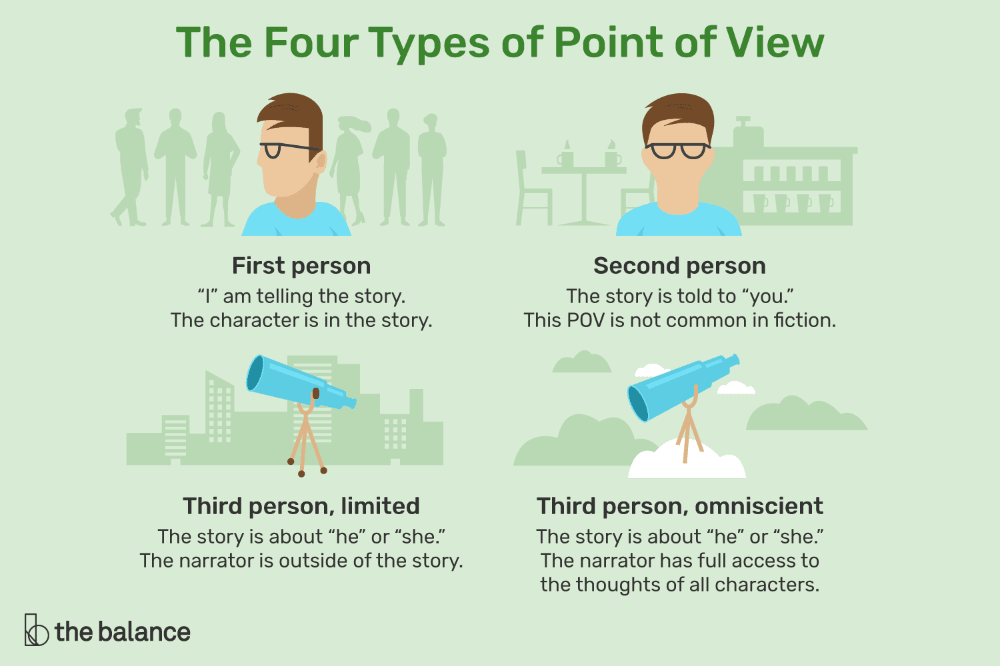 And you are ready to give up all your strength to find a solution that does not really exist. nine0003
And you are ready to give up all your strength to find a solution that does not really exist. nine0003 You should be aware of everything
How can you control a situation without knowing about it? You should be aware if someone is about to make a life-changing decision without asking.
You are a perfectionist in the last stage
You are always right, you know everything and will cope with any task better than an experienced specialist. Your pursuit of perfection has reached its limit. And even when it is no longer possible to do better, you are convinced that it is possible. Of course, provided that you do it yourself. nine0003
You have many fears
Your biggest fear is that something will not go according to plan. Therefore, you need to keep your finger on the pulse and at any time insure yourself against unforeseen situations. Unfortunately, no one canceled force majeure circumstances.
Where obsessive mania comes from
Oleg Ivanov
psychologist, conflictologist, head of the Center for Settlement of Social Conflicts.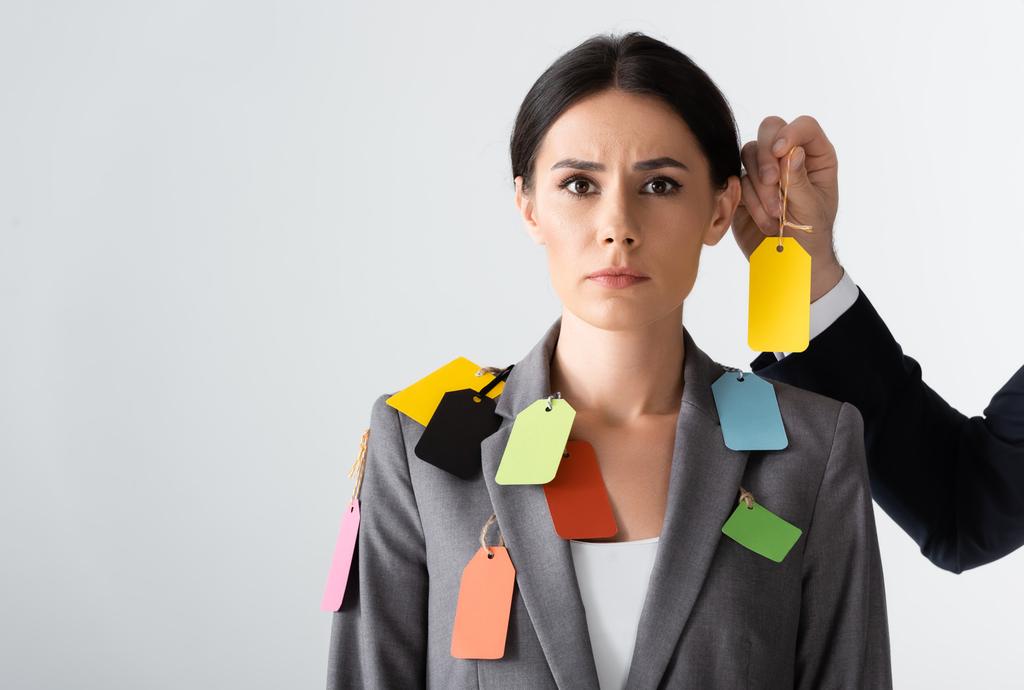
An obsessive desire to always control the situation is evidence of a certain internal imbalance. As a rule, the reason for this behavior can be increased anxiety and the desire for power. nine0003
Control freaks are afraid of everything that disrupts their way of life and does not fit into their world. Their actions are a defensive reaction and an attempt to save themselves from unnecessary shocks.
As a result of the desire for power, total control is manifested in the acute desire of a person to not only be aware of events happening to him and his loved ones, but also to take direct part in them.
Sergey Kuzin
business coach, candidate of psychological sciences
Most often, all problems come from childhood. It happens that the child was too controlled, and when he grew up, he began to transfer the same control to others. nine0003
It turns out that sometimes we ourselves contribute to the emergence of control freaks. Excessive parental care in childhood leaves a mark and in the future can have a significant impact on a person's behavior pattern.
Why is it bad
In everyday life
In addition to irritating others with constant pressure, first of all you torment yourself. A lot of energy is spent on solving non-existent problems, worrying about little things and trying to influence situations that are beyond your control. If you do not get the desired result, then you experience an internal tragedy. Even if the fact is that you did not put a second piece of sugar in your coffee. These experiences significantly reduce the quality of life, while you could direct the energy in another direction. nine0003
In a relationship
You don't like having your every breath controlled. Trust is the foundation of a strong and lasting relationship, but for a control maniac it is a painful topic. It is logical that the desire to be aware of all the actions of a partner, constant checking of messages on the phone and intrusive questions will not bring joy to any of the participants in the relationship.
At work
Sitting up late finishing up reports, talking to clients, doing routine work at the same time when there is a whole department sitting idle is a little strange. Instead of performing your direct duties, you take on the tasks for which your colleagues are responsible. And not because they decided to help, but because of the lack of confidence in their competence. Even if you are a specialist with a capital letter, you are unlikely to be the first candidate for a promotion. After all, you do not know how to delegate, and, apparently, you think that you are working with fools, since you are doing everything for them. nine0003
Instead of performing your direct duties, you take on the tasks for which your colleagues are responsible. And not because they decided to help, but because of the lack of confidence in their competence. Even if you are a specialist with a capital letter, you are unlikely to be the first candidate for a promotion. After all, you do not know how to delegate, and, apparently, you think that you are working with fools, since you are doing everything for them. nine0003
How to deal with it
Oleg Ivanov
psychologist, conflictologist, head of the Center for Settlement of Social Conflicts.
If you start noticing these kinds of behaviors, I recommend spending a "totally crazy day" to relieve yourself. Take a different road to work, have breakfast in an unusual place, that is, change your usual way of life a little.
The expert explains that it is important to understand that nothing critical will happen if you are a little late for work, eat a slice of cake for lunch instead of soup, or take a walk in the evening instead of a planned trip to the store.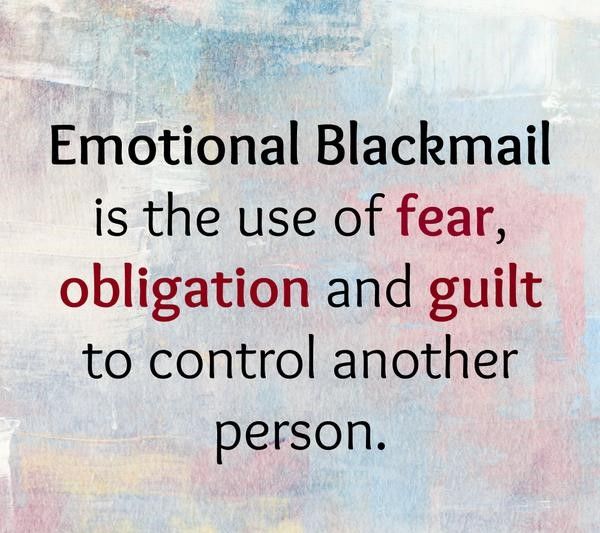 nine0003
nine0003
Exhale a little, loosen your grip and enjoy a spontaneous decision. The main thing is to realize the fact of the presence of a problem and give yourself a discharge so as not to bring the situation to a critical limit.
Sergey Kuzin
business coach, candidate of psychological sciences
Since the problem also lies in distrust, first of all, you need to deal with it. I recommend reading Stephen Covey Jr. "Speed of Trust". This book clearly explains that by trusting yourself, others and the situation, life becomes 10% easier and more interesting. nine0003
Dealing with distrust will solve at least one problem. And if distrust is the root of other, even bigger problems, then with one shot you will kill several birds with one stone.
What to do with relatives
If someone from your environment turned out to be a control freak, you need to learn to speak calmly, but clearly: “No, thanks.” And even better, more gently: “Thank you for your concern, but I will do as I see fit.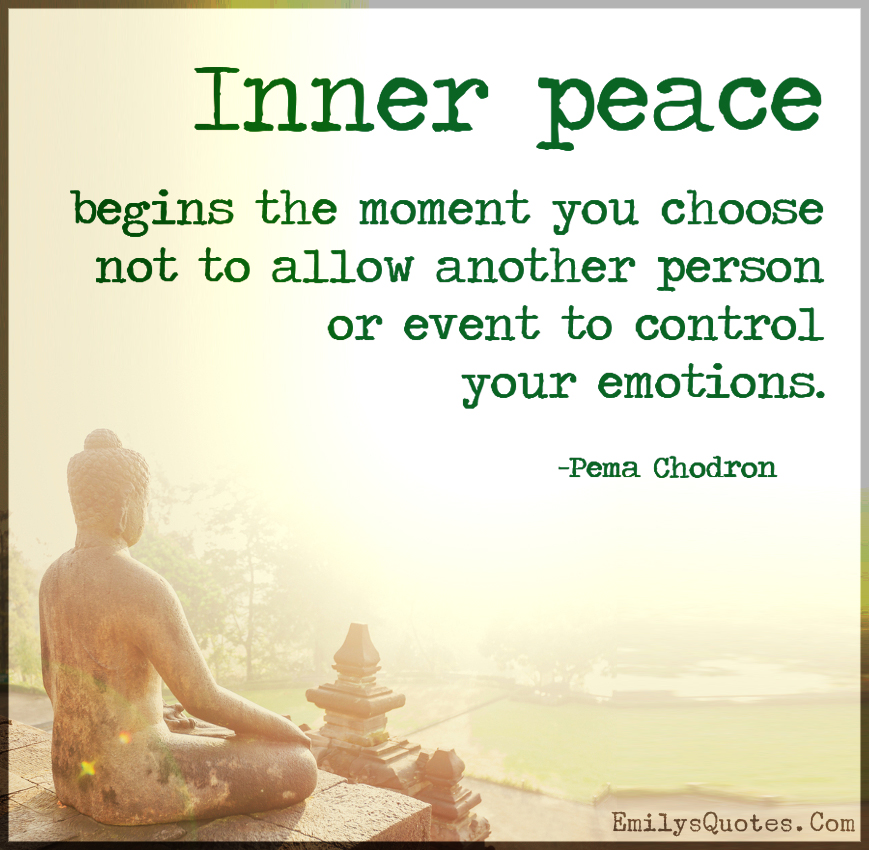 ”
”
Oleg Ivanov
psychologist, conflictologist, head of the Center for Settlement of Social Conflicts. nine0003
Sometimes it is difficult to point out shortcomings to loved ones, but in the case of control maniacs, this is necessary. You need to act delicately, but at the same time confidently, in order to draw a clear line in your relationship.
It is important to find suitable phrases for a particular person and discuss with him the points that do not suit you. It is enough for someone to hear: “Well, everything will be your way.” This immediately relieves tension and allows you to seek compromise in a relaxed atmosphere.
Sergey Kuzin
business coach, candidate of psychological sciences
The expert advises you to immediately determine what type of control freak you are: addict, paranoid or narcissist, and what exactly is his desire. Obviously, the narcissist will want to hear that they are the best, and it is important for the paranoid to know that everything will be fine.